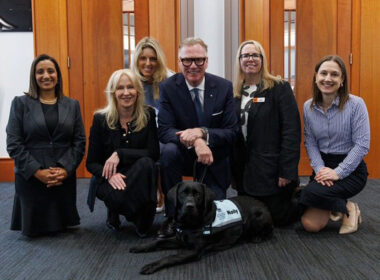The NSW Law Reform Commission has recommended that NSW introduce laws to enable next-of-kin to access their deceased family members’ social media accounts, photographs and cryptocurrency.
A new report, tabled in parliament by NSW Attorney-General Mark Speakman in March, has summarised two years’ worth of the commission’s research into laws that affect access to a person’s digital assets after they die or become incapacitated. It argues that the current law in NSW does not effectively cover people who die without passing on access to their digital assets such as photographs, or passwords to social media, email or bank accounts.
“There are practical and legal problems in managing the digital records of people who have died,” the report said. “Similar problems arise if someone can no longer manage their digital records because of, for example, a brain injury, dementia or a serious illness.”
Attorney-General Mark Speakman commissioned the report in March 2018, amid rising concerns about what happens to digital records after people die, including emails, online bank accounts, social media profiles, cryptocurrencies and photographs.
“Many of us use our devices day in and day out but might rarely give a thought to what happens to our emails, social media accounts and even crypto-currency when the TikTok stops on our great clock of life,” Speakman said.
“The digital revolution has overtaken some of our laws around wills and how online assets are treated. The LRC’s report will be a very useful resource in guiding our next steps towards reform in this area.”
The report has recommended that NSW should introduce a new statutory scheme to guide people on obtaining legal access to a person’s digital records and assets when they die or become incapacitated. The scheme would defer access to anyone nominated in the deceased person’s will, or otherwise, the executor of the will. It would also allow next-of-kin and others with a legitimate interest to apply to the Supreme Court of NSW for an order that they become authorised to access the records.
The US and Canada have established similar schemes, which give rights to executors of estates, lawyers, guardians and trustees. The Law Reform Commission’s report has based some aspects of its report on model laws in those countries.




